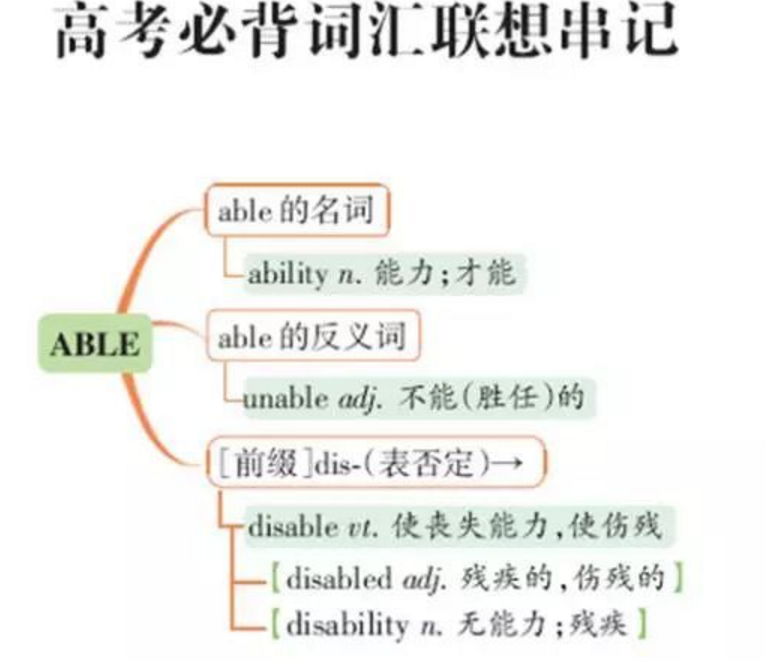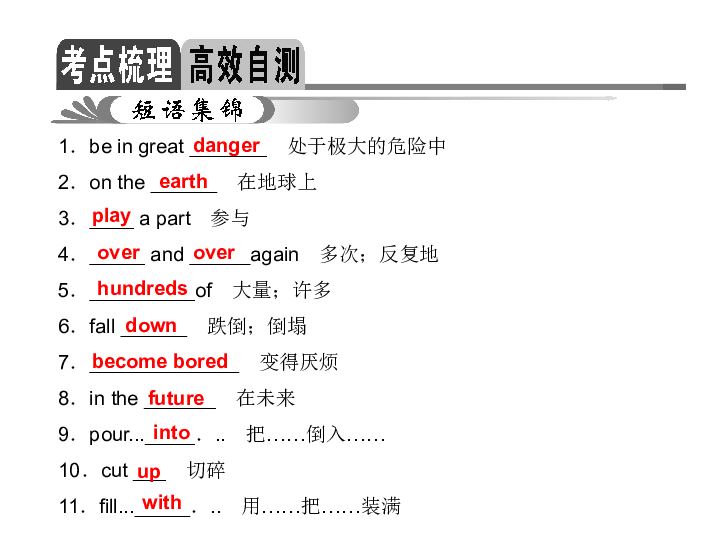Understanding Efficiency in English Communication
Efficiency in English communication is crucial in today's fast-paced world. Whether you are a student, a professional, or a global citizen, the ability to convey your thoughts and ideas clearly and concisely is invaluable. In this article, we will explore the key elements that contribute to efficient English communication, and how you can master them to enhance your own skills.
Clarity and Conciseness
One of the fundamental aspects of efficient English communication is clarity. This means using words and phrases that are precise and unambiguous. Avoid jargon, slang, and overly complex language that can confuse your audience. Conciseness is equally important. Be mindful of your word choice and structure your sentences to convey your message in the fewest possible words.
Effective Listening Skills
Efficient communication is a two-way street. Listening plays a pivotal role in understanding the context and responding appropriately. Practice active listening by focusing on the speaker, nodding to show understanding, and paraphrasing to ensure you have grasped the message. This not only helps in understanding the speaker but also demonstrates respect and engagement in the conversation.
Grammar and Vocabulary
A strong command of grammar and a wide vocabulary are essential for effective English communication. Proper grammar ensures that your sentences are structured correctly, making your message easier to understand. Expand your vocabulary by reading widely, using a dictionary, and learning new words regularly. This will enable you to express your ideas more vividly and precisely.
Body Language and Non-Verbal Communication
While the written word is crucial, body language and non-verbal cues are equally important in English communication. Maintain eye contact, use open gestures, and smile to convey confidence and friendliness. Non-verbal communication can also help to emphasize points and show enthusiasm, making your message more engaging.
Adaptability and Flexibility
Efficient English communication requires adaptability and flexibility. Different situations call for different styles of communication. For example, a formal business meeting requires a different tone and level of formality compared to a casual conversation with friends. Be able to adjust your language and approach based on the context and your audience.
Use of Technology and Tools
In the digital age, technology plays a significant role in English communication. Utilize tools such as grammar checkers, dictionaries, and translation services to enhance your writing and understanding. Additionally, mastering communication apps and platforms can help you connect with a global audience and practice your English skills in real-time.
Practice and Feedback
As with any skill, practice is key to mastering efficient English communication. Engage in regular practice by reading, writing, and speaking. Seek feedback from teachers, colleagues, or native speakers to identify areas for improvement. This constructive criticism will help you refine your skills and become more adept at conveying your ideas effectively.
Conclusion
In conclusion, efficient English communication is a skill that can be developed and refined over time. By focusing on clarity, conciseness, effective listening, grammar, vocabulary, body language, adaptability, technology, and practice, you can enhance your ability to communicate effectively in English. Remember that communication is not just about the words you use, but also about how you use them and how you engage with your audience. With dedication and persistence, you can become a master of efficient English communication.
转载请注明来自醉美玉溪,本文标题:《高效运行英文:高效运行的近义词 》









 蜀ICP备2022005971号-1
蜀ICP备2022005971号-1
还没有评论,来说两句吧...